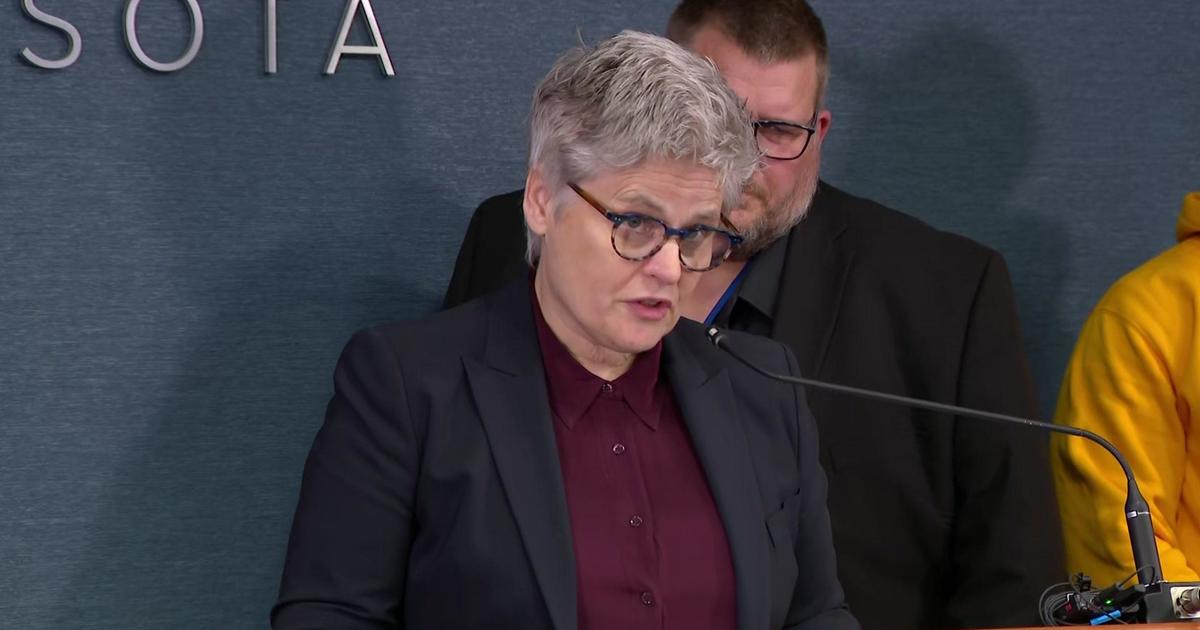Supreme Court Tosses Conviction For Dead Defendant
MINNEAPOLIS (AP) -- The Minnesota Supreme Court has weighed in on how courts should handle cases in which a defendant dies while appealing a criminal conviction.
In a 4-1 decision Wednesday, the majority found that if a defendant dies while appealing a final judgment of his conviction, the conviction should be vacated and the original charges dismissed. The ruling comes in the case of Mark Burrell, who was accused of switching identities with his brother for years and died while appealing a forgery conviction.
Writing for the majority, Chief Justice Lorie Skjerven Gildea said a person's conviction isn't final until appeals are exhausted. In this case, the appellate court had not yet decided the merits of Burrell's appeal, she said.
Gildea wrote that when it comes to a final judgment of conviction, an appellate court's resolution "is an integral part of our system in Minnesota for finally adjudicating a defendant's guilt or innocence."
She also wrote that it is impossible to punish a defendant who has deceased.
Justice Christopher Dietzen disagreed, saying a rule that eliminates a conviction because the defendant has died turns a blind eye to the rights of society and of victims. He said that instead, the court should adopt "the more rational rule" of allowing a substitute to stand in for the deceased while the merits of the appeal are considered.
Dietzen also said that unless a conviction is overturned, it remains "presumptively valid," and the state has a compelling interest in maintaining that conviction.
Courts nationwide take different approaches when a defendant dies while appealing a conviction.
Federal circuit courts have found that a defendant's death ends the appeal and dismisses all the proceedings. Many states follow that rule.
In 10 states, a defendant's death makes the appeal moot; the appeal is dismissed and the conviction stands. Fourteen states allow courts to consider the merits of an appeal after a defendant's death. Those states are split on whether the court should order that a defendant be substituted.
In Wednesday's ruling, the majority said its decision applies in cases where there is no restitution ordered to victims. The justices did not consider how a case involving restitution should be resolved.
Justices Wilhelmina Wright and David Lillehaug did not participate.
(© Copyright 2013 The Associated Press. All Rights Reserved. This material may not be published, broadcast, rewritten or redistributed.)



